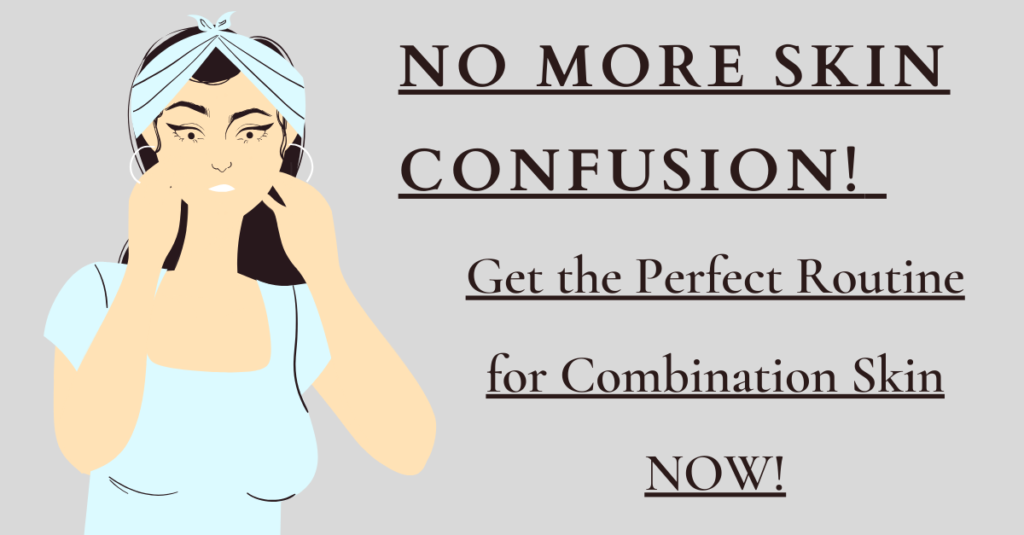What are the Pros and Cons of Being a Nurse?
Introduction
Nursing is a profession that stands at the intersection of compassion and resilience, where individuals commit themselves to the care and well-being of others. It is a field that demands unwavering dedication, selflessness, and a strong sense of purpose. Behind the comforting white uniforms and caring smiles, nurses navigate a multifaceted landscape of rewards and challenges each day. In this article, we will embark on a comprehensive journey to explore the pros and cons that define the lives of those who choose nursing as their career path.
-
Pros of Being a Nurse

1. Job Stability and Demand
- Nursing offers job stability that’s often unmatched in other professions. The healthcare industry consistently requires skilled nursing professionals, and this demand remains resilient, even during economic downturns.
- The Bureau of Labor Statistics (BLS) predicts a 9% growth in registered nurse employment from 2020 to 2030, which is faster than the average for all occupations. This demand is driven by factors such as an aging population and advances in medical technology.
2. Opportunities for Growth
- Nursing is not a one-size-fits-all career. It offers a multitude of opportunities for specialization and career growth. Registered nurses (RNs) can choose from various paths, including pediatrics, critical care, oncology, psychiatric nursing, and more.
- Advanced practice roles, such as nurse practitioners, nurse anesthetists, and clinical nurse specialists, provide even greater specialization and autonomy.
3. Making a Difference
- Nursing provides a unique opportunity to make a profound and direct impact on the lives of patients. Nurses are often the ones who provide comfort, solace, and essential care during times of illness or injury.
- The sense of satisfaction that comes from knowing you’ve helped someone in their time of need is one of the most significant rewards of nursing.
4. Job Satisfaction
- Many nurses report high levels of job satisfaction due to the meaningful nature of their work. The sense of purpose derived from helping others and being part of a healthcare team can be immensely fulfilling.
- Supportive work environments and the camaraderie among colleagues contribute to overall job satisfaction.
5. Competitive Compensation
- Nursing offers competitive compensation packages, which often exceed median income levels in many regions. While salaries can vary based on factors like experience, education, location, and specialization, nursing is generally a well-compensated profession.
- Benefits packages frequently include health insurance, retirement plans, and paid time off, further enhancing the overall compensation.
-
Cons of Being a Nurse

1. Long Working Hours
- Nursing often involves long and irregular shifts, including weekends, holidays, and overnight hours. The need for round-the-clock patient care can disrupt work-life balance and personal life commitments.
- Nurses must be prepared to work during times when others are enjoying leisure or spending time with their families.
2. Emotional Stress
- Nursing can be emotionally taxing, particularly when dealing with patients who are suffering or facing life-threatening conditions. Nurses form close bonds with their patients, and witnessing pain, illness, and sometimes loss can take a toll on their emotional well-being.
- Providing emotional support to patients and their families while maintaining professional composure is a skill nurses must continually develop.
3. Physical Demands
- Nursing is a physically demanding profession. Nurses often engage in tasks that require lifting and moving patients, which can lead to physical strain and fatigue.
- The need to be on their feet for extended periods during shifts can also contribute to physical discomfort and exhaustion.
4. Burnout and Compassion Fatigue
- The high-pressure and high-stress environment of healthcare can lead to burnout among nurses. Burnout is characterized by emotional exhaustion, reduced personal accomplishment, and depersonalization.
- Compassion fatigue is another risk, as nurses are exposed to patients’ suffering and trauma on a regular basis. Over time, this exposure can result in emotional fatigue and decreased empathy.
5. Exposure to Health Risks
- Working in healthcare settings exposes nurses to various health risks. The most prominent concern, especially in recent times, is the potential exposure to infectious diseases.
- In addition to infectious diseases, nurses may also encounter hazards related to handling hazardous substances and workplace injuries. Strict adherence to safety protocols is essential to minimize these risks.
Conclusion
In conclusion, nursing is a profession that offers a complex blend of rewards and challenges. It provides job stability, diverse career opportunities, and the chance to make a meaningful impact on patients’ lives. However, it also entails long hours, emotional stress, and physical demands. The decision to pursue a nursing career should consider both the rewards and the demands, with a recognition of the dedication and compassion it requires. Ultimately, nursing is a calling, and for those who answer it, the satisfaction of knowing you’ve made a difference in someone’s life can outweigh the challenges. It’s a profession that embodies the essence of healthcare: caring for individuals in their times of need, and for those who choose it, the rewards can be immeasurable.

My name is Rohit Vagh and I’m a content writer specializing in fashion and lifestyle. I have three years of experience in this field and have written various articles. My writing style is creative and engaging, and I strive to create content that resonates with my readers. I have a deep passion for fashion and am constantly researching the latest trends and styles to make sure my readers are up to date. I’m excited to continue my career in blogging, and I’m always looking for new opportunities in the fashion and lifestyle space.





